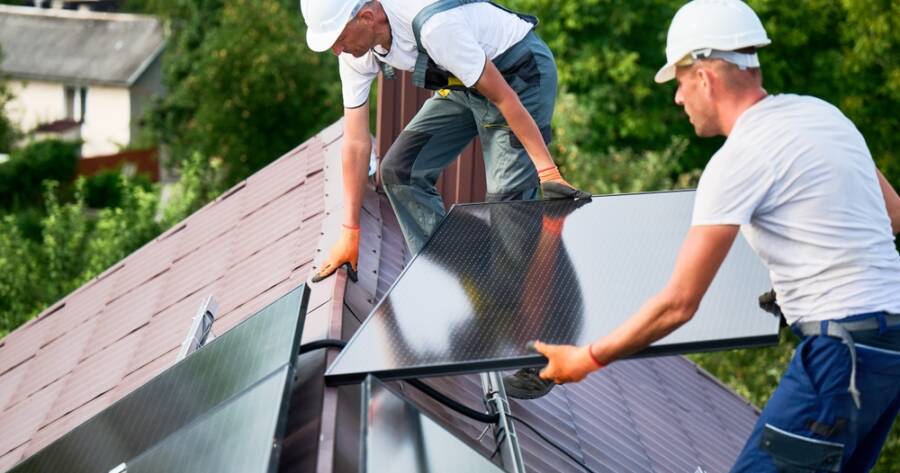Switching to solar energy is an attractive way to lower electricity bills and reduce reliance on fossil fuels. With so many options available, some homeowners are tempted by low-cost solar panels. While these budget-friendly choices may seem appealing, they often come with hidden costs. Understanding the long-term impact of cheaper panels can help homeowners make a smarter investment.
The Trade-Off Between Cost and Quality
Affordable solar panels can help homeowners get started with renewable energy at a lower upfront cost, but there are trade-offs. Many inexpensive panels are made with lower-quality materials that may degrade faster. This means they could lose efficiency over time, generating less electricity than expected.
Cheaper panels may also lack advanced technology that improves energy conversion rates. High-efficiency panels can generate more power in less space, which is especially important for homes with limited roof area. Choosing the least expensive option might lead to the need for additional panels or early replacement, increasing costs in the long run.
Installation and Maintenance Expenses
The price of solar panels is only part of the total cost of a solar energy system. Installation is a significant expense, and low-cost panels may require more labor or specialized mounting equipment. Some budget panels have weaker frames or non-standard sizes, making them harder to install properly.
Maintenance is another factor to consider. High-quality solar panels typically come with longer warranties and require less upkeep. In contrast, cheaper panels may be more prone to damage from weather conditions, requiring frequent repairs. If a panel underperforms or stops working, replacement costs can add up over time.
Efficiency and Long-Term Savings
Solar panel efficiency determines how much sunlight is converted into usable electricity. High-efficiency panels generate more power, reducing dependence on the grid and lowering electricity bills. Cheap panels may have lower efficiency ratings, meaning homeowners could see smaller savings over the years.
In some cases, homeowners with low-cost panels may need to purchase additional equipment, such as extra panels or upgraded inverters, to compensate for lower efficiency. This can reduce the initial savings and lead to higher expenses in the long run. Investing in higher-quality panels from the start can provide better long-term financial benefits.
Insurance Expenses
Many homeowners overlook the potential rise in insurance costs when installing solar panels. Some insurance providers may require additional coverage to protect against damage, theft, or liability concerns, especially if the panels are roof-mounted. In some cases, insurers might increase premiums or require policy upgrades to account for the higher replacement costs of solar systems.
Additionally, if the system is leased rather than owned, separate insurance requirements from the leasing company may apply. Before committing to solar panel installation, it’s essential to check with your insurer to understand potential cost changes and avoid unexpected financial burdens.
Warranty and Manufacturer Reliability
A strong warranty is a key factor when purchasing solar panels. Reputable manufacturers often offer warranties of 20 to 25 years, ensuring that the panels perform well over time. Cheap panels may come with shorter warranties, leaving homeowners responsible for unexpected repairs or replacements.
Manufacturer reliability is also important. Some low-cost solar panels are produced by companies with little market history. If a manufacturer goes out of business, homeowners may struggle to get replacement parts or warranty support. Choosing a well-established brand can provide peace of mind and long-term protection.
Making a Smart Solar Investment
While cheap solar panels may seem like a great deal at first, they often come with hidden costs that reduce long-term savings. Lower efficiency, higher maintenance, and shorter warranties can make budget-friendly options less appealing over time. Investing in quality panels from a reputable manufacturer can lead to greater energy savings and fewer unexpected expenses.
For homeowners considering solar energy, it’s essential to balance cost with durability and efficiency. Researching different panel options, comparing warranties, and consulting with professionals can help ensure a smart investment. In the end, quality solar panels may provide the best financial and environmental benefits in the long run.

